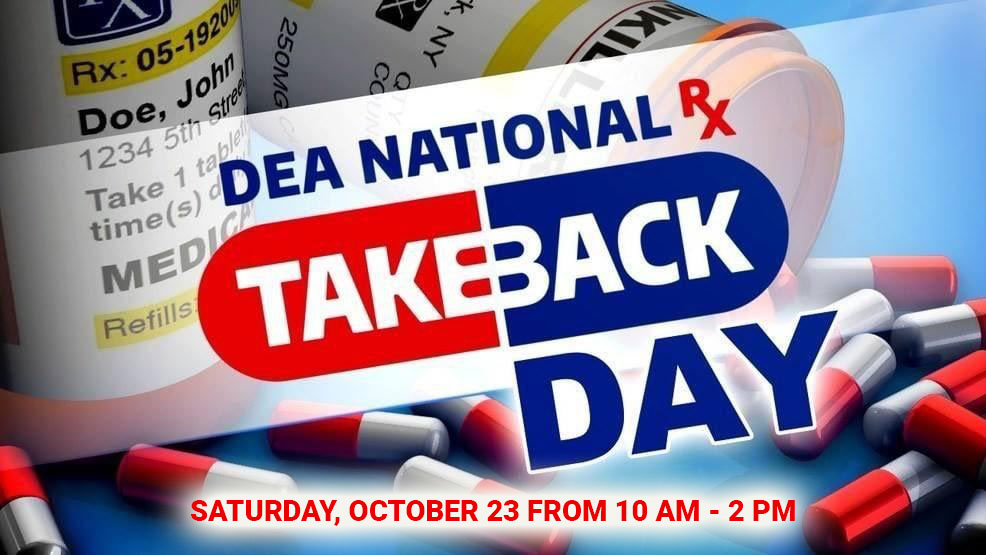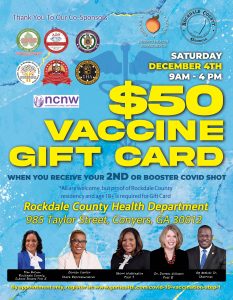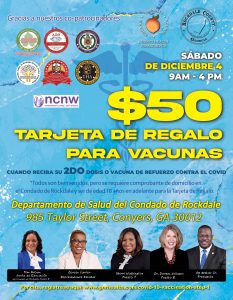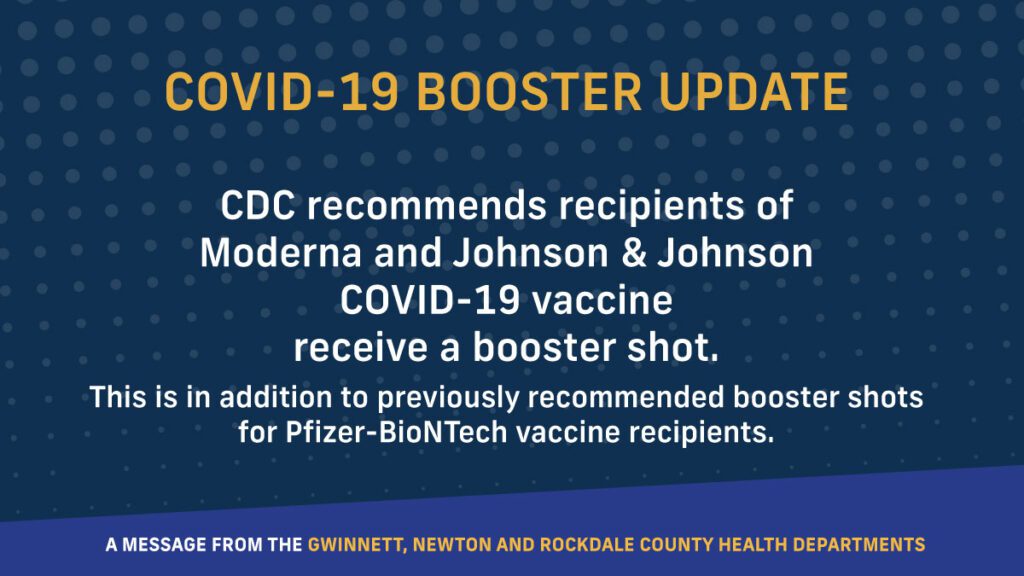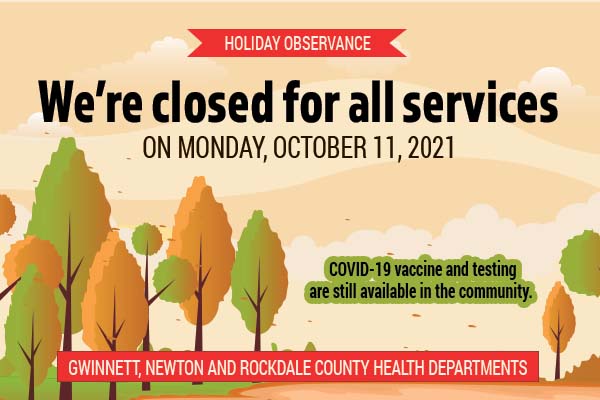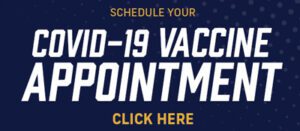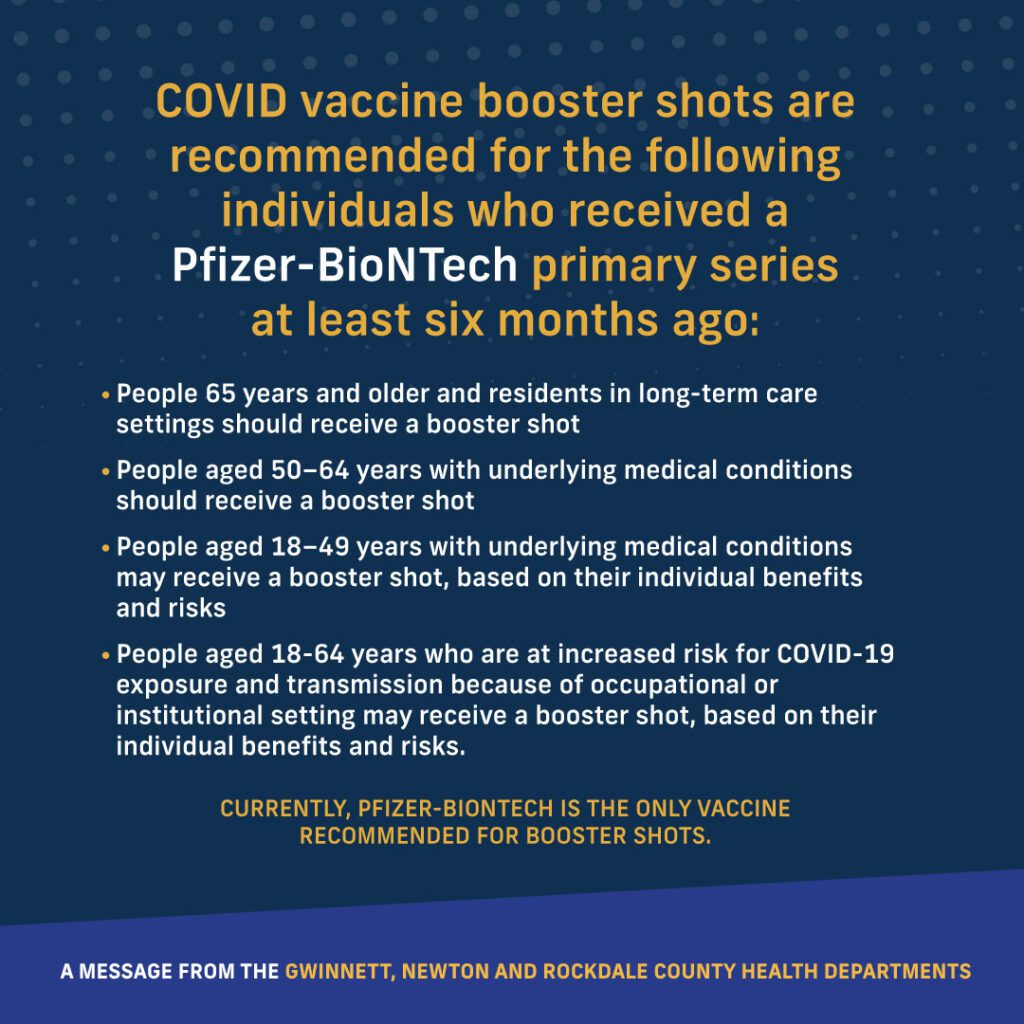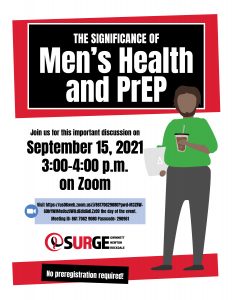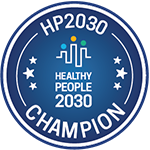What would happen if your unused prescription medications ended up in the wrong hands due to improper disposal?
According to the 2019 National Survey on Drug Use and Health, 9.7 million people misused prescription pain relievers, 4.9 million people misused prescription stimulants, and 5.9 million people misused prescription tranquilizers or sedatives in 2019. Drug misuse can be extremely dangerous or even fatal. Properly disposing of unused or expired prescription medications is crucial to help prevent these medications from ending up in the wrong hands and being misused.
One of the safest ways to ensure proper disposal of unused or expired prescription medications is by participating in a take-back program. The National Prescription Drug Take Back Day provides a safe place for these medications to be properly discarded and prevent drug addiction and overdose deaths. The next Take Back Day is on October 23, 2021 from 10:00 a.m. to 2:00 p.m.
Many of our law enforcement partners are participating. On October 23, there will be numerous collection sites located across the community. By visiting www.takebackday.dea.gov you can find the collection site that is closest to you. Unwanted, unused or expired medications as well as over-the-counter medications, vitamins, vaping devices and even pet medications can be collected and brought to the collection site. Needles, inhalers and illegal drugs will not be accepted for disposal.
The following locations within our community will be participating in Take Back Day:
Lilburn Police Department
4600 Lawrenceville Hwy, Lilburn, GA 30047
Conyers Police Department
1194 Scott Street SE, Conyers, GA 30012
Snellville Police Department
2315 Wisteria Drive SW, Snellville, GA 30078
Gwinnett County Police Precincts
- West Precinct, 6160 Crescent Drive, Norcross, GA 30071
- South Precinct, 2180 Stone Drive, Lilburn, GA 30047
- North Precinct, 2735 Mall of Georgia Blvd, Buford, GA 30518
- East Precinct, 2273 Alcovy Road, Dacula, GA 30019
- Central Precinct, 3125 Satellite Blvd, Duluth, GA 30096
- Bay Creek Precinct, 185 Ozora Road, Grayson, GA 30052
Norcross Police Department
65 Lawrenceville Street, Norcross, GA 30071
Suwanee Police Department
373 Buford Highway, Suwanee, GA 30024
Gwinnett County Sheriff Department
2900 University Parkway, Lawrenceville, GA 30043
Lawrenceville Police Department
300 Jackson Street, Lawrenceville, GA 30046
